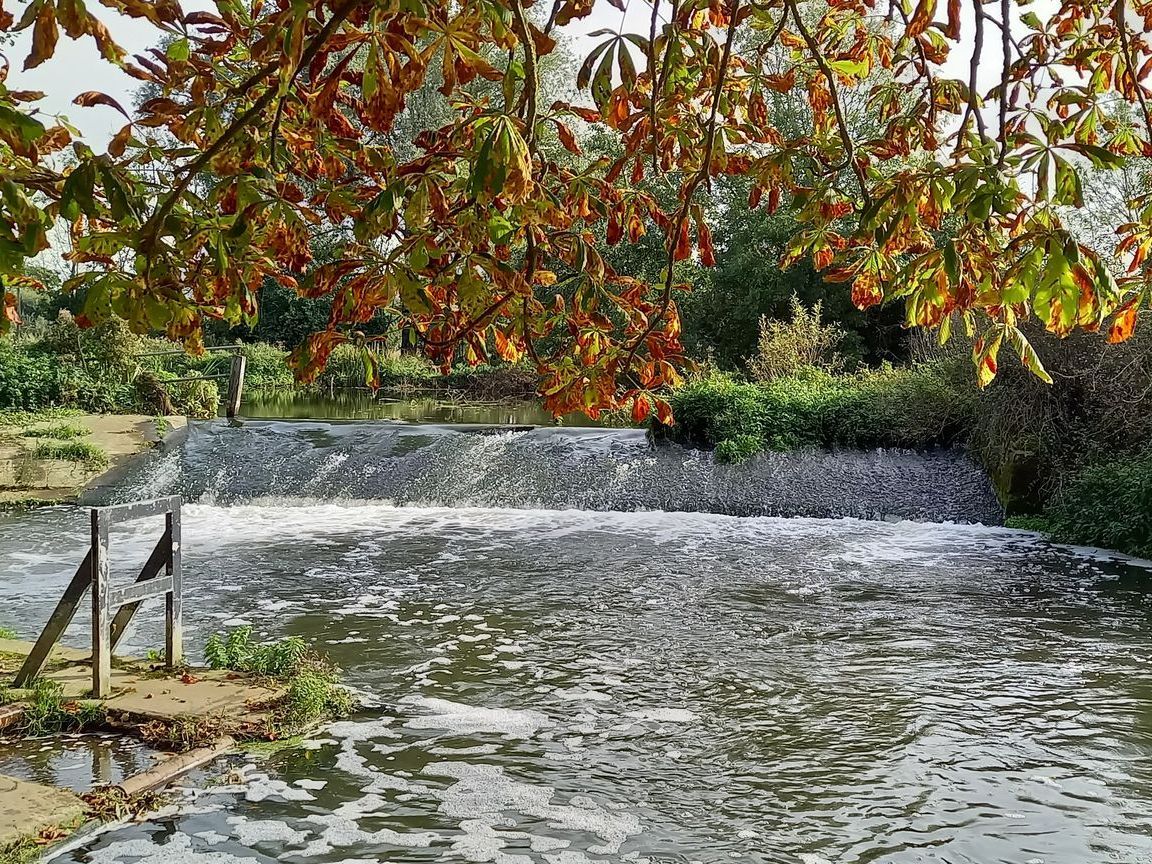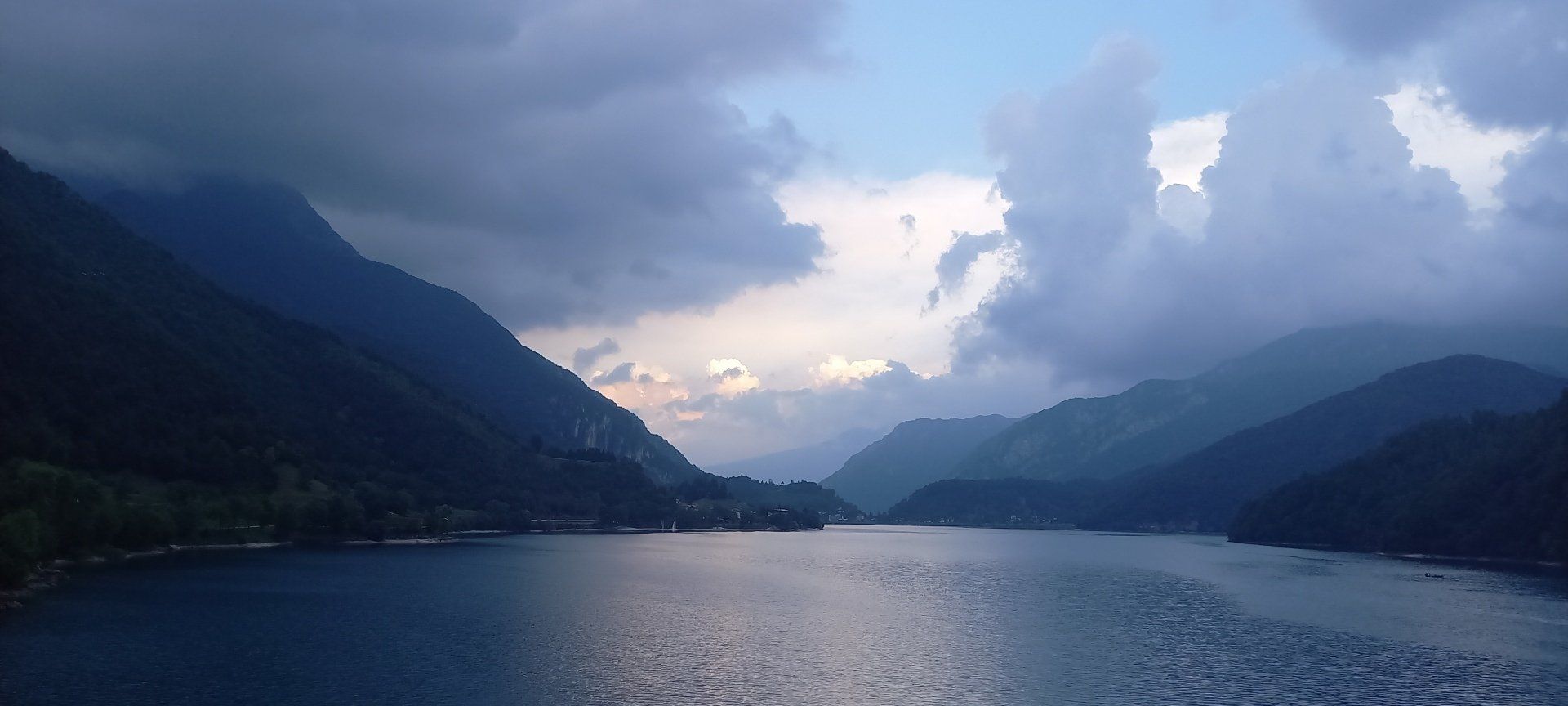8 ways to cope with Eco Anxiety
Kate Graham • June 9, 2020
“I just feel overwhelmed by the enormity of it all – and by the feeling that there is nothing I can do to stop it”

Is this how you feel? The American Psychological Association describes Eco Anxiety – as “a chronic fear of environmental doom”. It describes it as a source of stress caused by “watching the slow and seemingly irrevocable impacts of climate change unfold, and worrying about the future for oneself, children, and later generations”. It adds that some people “are deeply affected by feelings of loss, helplessness and frustration due to their inability to feel like they are making a difference in stopping climate change.”
Eco Anxiety has some similarities with other forms of anxiety, in terms of compulsive worrying, feeling powerless, frustrated and depressed. But it is also different. For one thing, Eco Anxiety is a response to a very real and immediate problem, that is affecting us all now, and will affect us and our children even more in the future. Addressing this anxiety therefore needs a different approach, as we cannot work cognitively to reduce existence. As a start though, we can reframe it.
Many psychotherapists are increasingly seeing Eco Anxiety as an entirely natural and positive response to the situation – positive because it means that the person has moved from the relative psychological safety of denial in its many forms, to being willing to be in contact with this very difficult reality.
The first time I came across this way of looking at it I felt enormous relief.
Some years ago, Joanna Macey, founder of the “work that reconnects” programme (https://www.joannamacy.net/main) taught that despair was an essential stage of the process of reconnecting, a stage that needed to be gone through so that we could find our anger and the motivation to take the actions needed, in our own lives and with others. My sense is that this process is happening on a much more diffuse and less held scale, so we are experiencing it as anxiety. The real challenge for each of us, is to find our power, to find what we can do, because in doing that we will use the energy embedded in our anxiety to make a difference. And individuals really do make a difference. Not just amazing leaders such as Greta Thunberg, but all of us, make a difference through our daily spending decisions, through the conversations we have and the pressure we put on our political leaders.
If you are feeling high levels of anxiety, here are some suggestions that may be helpful in finding your power, and reducing that sense of powerlessness, and to transform your frustration into anger. They may not make it go away – but then the problem hasn’t gone away yet either, but they should help.
1.
Acknowledge that it’s ok to feel this way
– how can we not be worried given the scale of the problems right now and that lie ahead? We can only find our power if we acknowledge the reality of what is happening, painful as that is.
2. Talk to other people, get together with other people. This isn’t a problem we can sort out on our own, even if it can make us feel like running to a safe dark place….It’s going to affect all of us, so it needs all of us to work together. Talk to friends, talk to a therapist, find people in the community you live in, join online platforms.
3.
Take action in some way
– which for some people might be to get out and march, others joining a local climate action group, or conservation group and others might feel more comfortable emailing their MP, or sending money to support environmental charities. Email your MP regularly anyway!
4. Review your own carbon footprint
in case there is somewhere that you can make some changes and improvements. I last did mine about 10 years ago, so it feels time to do it again. I know there are question marks for me about travel, purchasing decisions, and some of the food we eat.
5.
Review your investments
(if you have any) and your pension fund. Are you still supporting fossil fuels? There are plenty of ways to invest in renewable energy and other ethical investments. For example, https://www.thriverenewables.co.uk, https://www.triodoscrowdfunding.co.uk, https://www.ethex.org.uk.
6. Get out in nature.
It’s still there all around us, even in cities, and research shows that being in nature for two hours or more each week makes us happier (even if it’s raining!). It also helps us value what is there, and to feel gratitude for what we have, and to notice more of what is on our very own doorsteps. South London, for example, has its own re-wilding project: https://www.rewildingbritain.org.uk/rewilding/rewilding-projects/the-river-wandle
7. Make a conscious decision to give a proportion of your time and resources to save life
as we know it on this planet. In the old days people had to “tithe” i.e. give 10% of their income to the church. If we were each to give 10% of our time and resources to fighting climate change and the loss of biodiversity - and if every government did the same thing – I believe the results would be amazing. The solutions are all there: they just need the will to use them.
8. Have a break!
Everyone needs time to switch off and allow themselves to be distracted, to enjoy their children, watch TV (other than the news), meditate, and have some time when you are not actively thinking about climate change. Let yourself recharge and recover, knowing that your commitment and your friends won’t let you sink back into denial and apathy.
Think of it this way. Your anxiety has never been so important. Right now it is the canary that is singing loud and clear, we are still alive, there are solutions, and we do need to start putting them into practice.
Kate Graham UKCP Psychotherapist
kate@Ilkleypsychotherapy.co.uk
www.ilkleypsychotherapy.co.uk
07866323291

